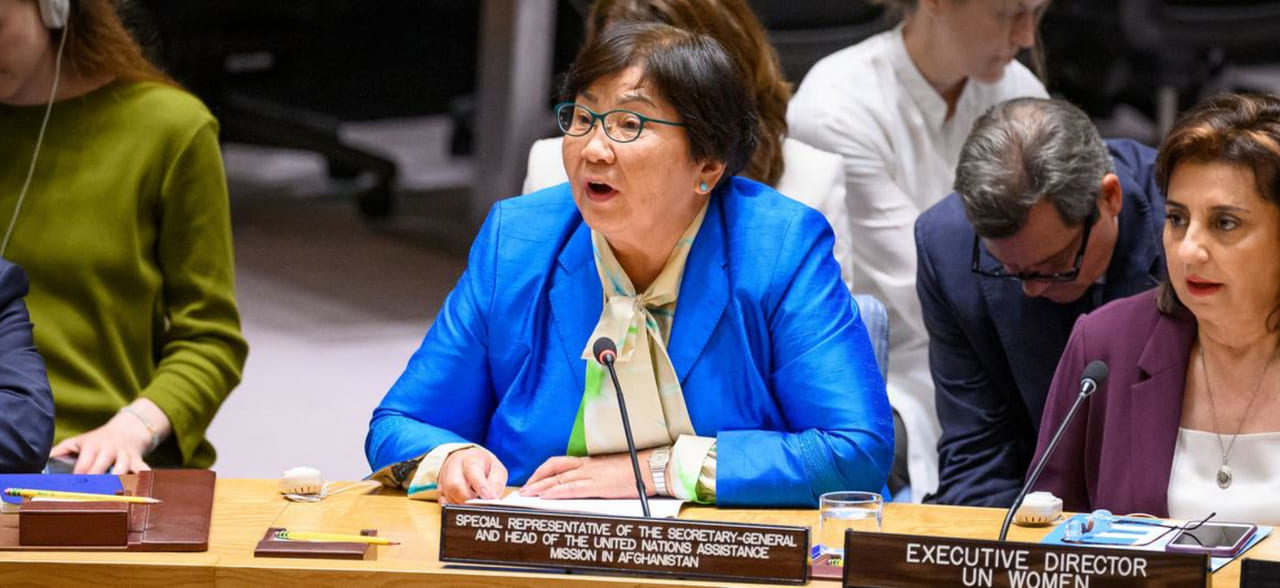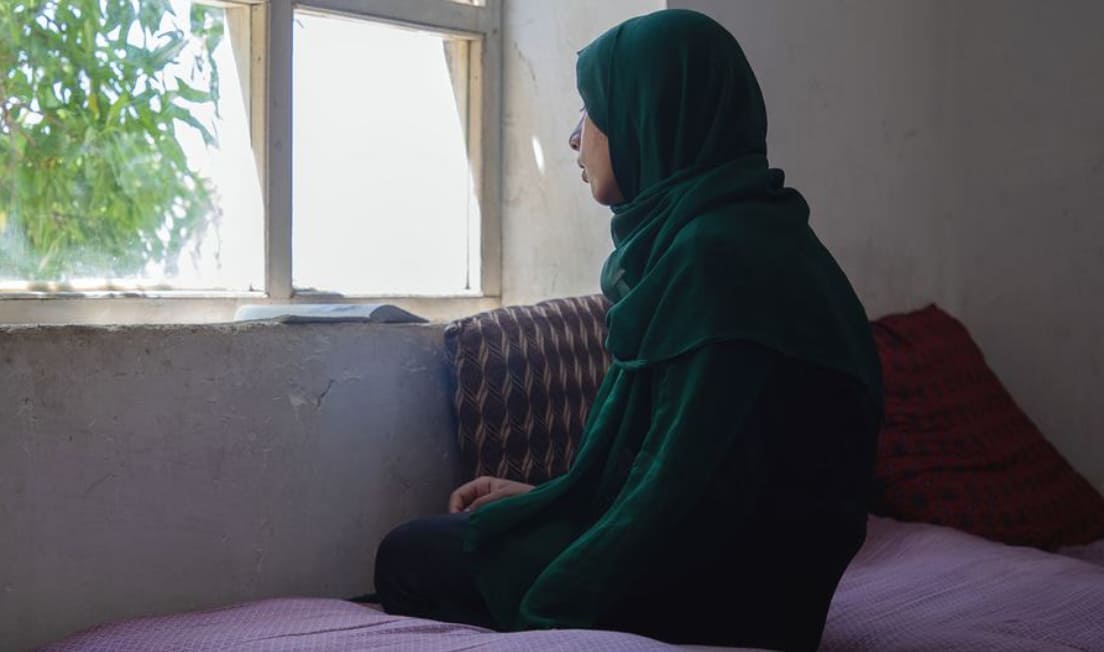Concerns over women's rights and humanitarian conditions in Afghanistan are escalating as the Taliban enforces stricter legal measures, according to the UN. Roza Otunbayeva, the Special Representative of the Secretary-General in Afghanistan, emphasized that while the Taliban has achieved a level of stability not seen in decades, the country faces a looming humanitarian and development crisis exacerbated by dwindling international funding.

"The de facto authorities are worsening this crisis through policies that neglect the actual needs of the populace and undermine economic potential," Otunbayeva stated.
She highlighted that the current humanitarian response plan, requiring $3bn, is only 30% funded, raising alarms about the sustainability of essential services.
Funding shortages have already led to the discontinuation of over 200 healthcare services this year, with another 171 facilities at risk of closure in the coming months. Food rations for communities grappling with hunger have been reduced from 75% to 50% of the necessary amount, and millions lack access to safe water.
The humanitarian crisis in Afghanistan is becoming a development crisis, worsened by a growing youth population and an insufficient economy.
Otunbayeva noted that Afghanistan remains isolated internationally, stressing that the Taliban could unlock the nation's potential by empowering all its citizens. She recalled a recent meeting in Doha, Qatar, where international organizations aimed to support Afghan civilians, but progress was quickly undermined by the Taliban's enactment of a "moral oversight law" that further restricts women's rights.

UN Women Executive Director Sima Bahous elaborated on this law, which mandates that women cover themselves entirely in public and limits their ability to speak and interact with men outside their families.
"Afghan women live in fear not only of these oppressive laws but also of their unpredictable enforcement," she stated.
Furthermore, the ongoing ban on female education means that only boys are currently attending school, with their curriculum controlled by the Taliban.
During the briefing, a young Afghan woman, referred to as Mina, who now lives abroad, urged immediate action to address the oppressive conditions for women in her homeland. She expressed concern that the next generation of Afghan girls might believe they are unworthy of education.
"We must listen to the girls in Afghanistan and do everything we can to stop this oppression," Mina implored.
Bahous and other speakers urged the Security Council to take decisive action to defend the rights of women and civilians in Afghanistan.
"We can choose now to align our political will and resources with our solidarity for Afghan women," she asserted. "I implore you to commit to this cause with renewed determination."
Follow Daryo's official Instagram and Twitter pages to keep current on world news.
Comments (0)